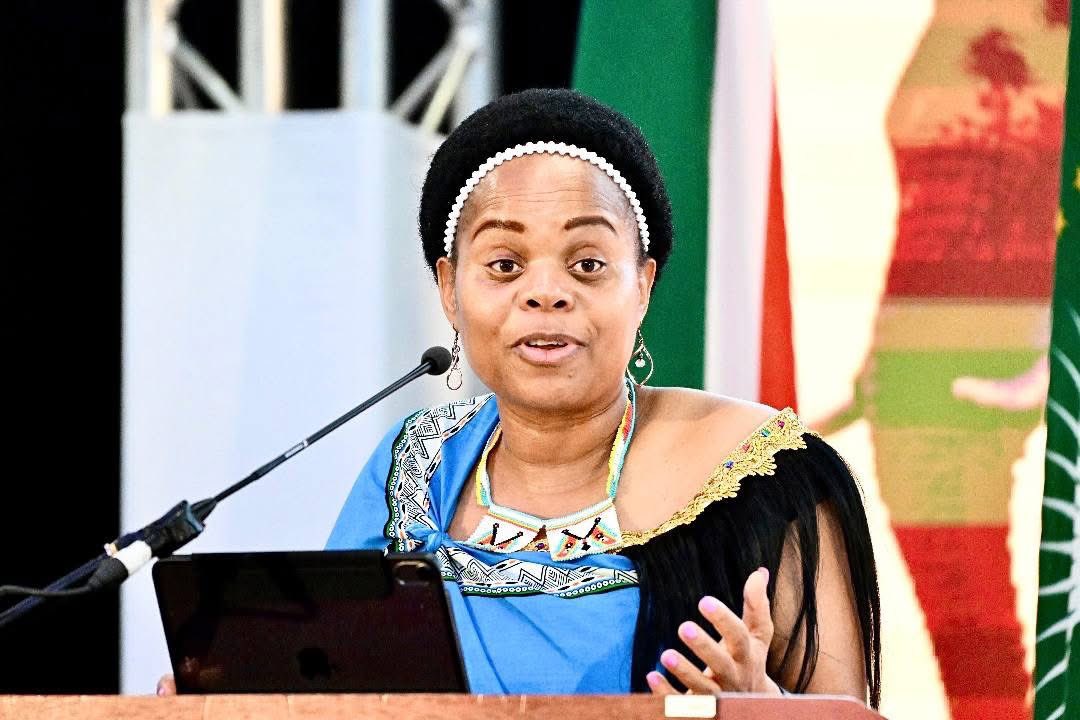A silent financial crisis is unfolding in Limpopo, where the very institutions meant to deliver essential services are being bled dry by their own government. Municipalities across the province are buckling under the weight of more than R1.2 billion in unpaid bills owed by national and provincial departments and state-owned entities.
This mounting debt, detailed in the National Treasury’s latest report, is not just a number on a spreadsheet. It directly threatens the provision of water, electricity, and other critical services to residents, creating a vicious cycle where the state’s failure to pay its bills leads to the state’s failure to serve its people.
The National Picture: A R416 Billion Debt Crisis
The problem is national in scope but has devastating local consequences. The total debt owed to all South African municipalities has ballooned to a staggering R416.1 billion. While the majority is owed by households, a significant and growing portionR24.9 billionis classified as “government debt.”
This means that national and provincial departments are among the biggest defaulters, failing to pay for the very services that keep their own offices and facilities running.
Limpopo’s Pain: Polokwane’s Water Crisis and Unpaid Bills
In Limpopo, the abstract problem becomes a concrete emergency. The city of Polokwane, which is in the grip of a severe and ongoing water crisis, is owed a colossal R302 million by government entities.
This irony is not lost on residents or opposition parties. How can a municipality fix burst pipes, maintain pumping stations, and upgrade water infrastructure when the government itself is withholding the funds needed to do the job?
The DA in Limpopo has called on Premier Phophi Ramathuba to intervene. Provincial chair Lindy Wilson highlighted that the largest debts are owed by the Department of Land Reform and Rural Development (R503 million), the Department of Public Works (R482 million), and the Department of Education (R131 million).
“Failure to settle municipal debt debilitates the ability to deliver essential services,” Wilson stated, arguing that paying these bills would “greatly assist to repair and maintain the collapsed water infrastructure.”
A Simple Solution That’s Not Being Used
There is a legal mechanism to force payment, but it appears to be going unused. Wilson pointed out that both the Public Finance Management Act and the Municipal Finance Management Act allow municipalities to cut off services to government entities that don’t pay their bills within 30 days.
This drastic step is rarely, if ever, taken, perhaps due to political pressure or the fear of further disrupting services like schools and government offices. The result is a standoff where non-payment becomes the norm, and municipalities are left as powerless creditors, watching their infrastructure decay and their residents suffer. The message from the treasury reports is clear: the government is failing the government, and it’s the people on the ground who are paying the price.
{Source: Citizen}




























